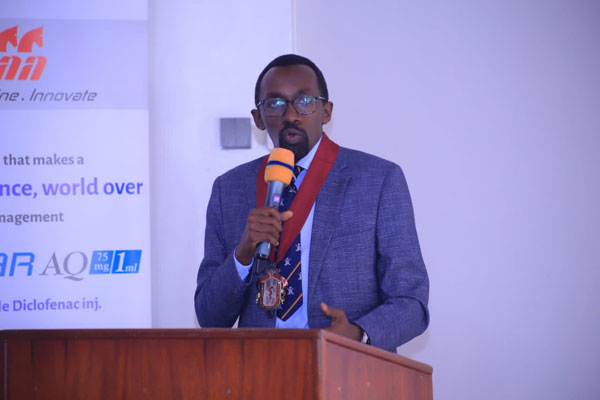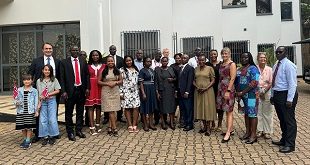
Kampala, Uganda | THE INDEPENDENT | With the increasing reports of bodies with missing organs, surgeons under their umbrella Association of Surgeons of Uganda (ASOU) have spoken out, saying these could be victims of ritual practices.
Speaking to Uganda Radio Network in an interview, Frank Asiimwe, the ASOU president explained that for an organ to be harvested for purposes of a transplant, there’s a specific procedure followed, which involves a wide range of tests for it to benefit the recipient.
Asiimwe, who is also a senior consultant urologist and a member of the team of experts on standby waiting to conduct Uganda’s first kidney transplants, says that even currently donors who get involved in transplants done abroad, have to undergo a number of tests before travel, most of which are done in Nairobi Kenya.
According to organ transplant procedures, they either harvest an organ from a living donor or a deceased donor where it’s harvested at a time of death although with strict conditions that blood and oxygen must still be flowing through the organ at the time of harvest. The transplant process for a dead donor takes a maximum of eight hours.
In Uganda, Asiimwe says the organ transplant programme awaits an enabling law to kick off. When passed, they will only be considering living willing donors and that in such a procedure the organ must be transplanted within an hour for optimal results and safety of both donor and recipient.
On his part, Michael Okello, a Liver Surgeon, who heads the Surgery Department at Rubaga hospital, says that the liver transplant procedure is very complicated and that only a few doctors in Uganda have the required competencies.
He says only three surgeons including himself acquired skills to do this in a training programme that was sponsored by President Yoweri Museveni in 2014 when the organ transplant programme was being initiated.
He says it’s a ten-hour operation that involves the reconstruction of very tiny vessels.
Meanwhile, ever since they returned from training, Okello says as they await major transplants to take place, they have done forty complex liver surgeries so far. The surgeons have urged the government that when the law finally comes, organ transplant should be a paid-for service to enable them smoothly run since the operation require huge monetary investment to cater for not just the reagents but even the medicines involved.
On their part, they say they are embarking on an aggressive mentorship programme to interest more doctors to specialise in surgery and later on super specialise in fields that are important to develop the organ transplant programme. In the beginning, Asiimwe says the Mulago Hospital-based transplant unit will have the capacity to conduct two transplants each week.
****
URN
 The Independent Uganda: You get the Truth we Pay the Price
The Independent Uganda: You get the Truth we Pay the Price


